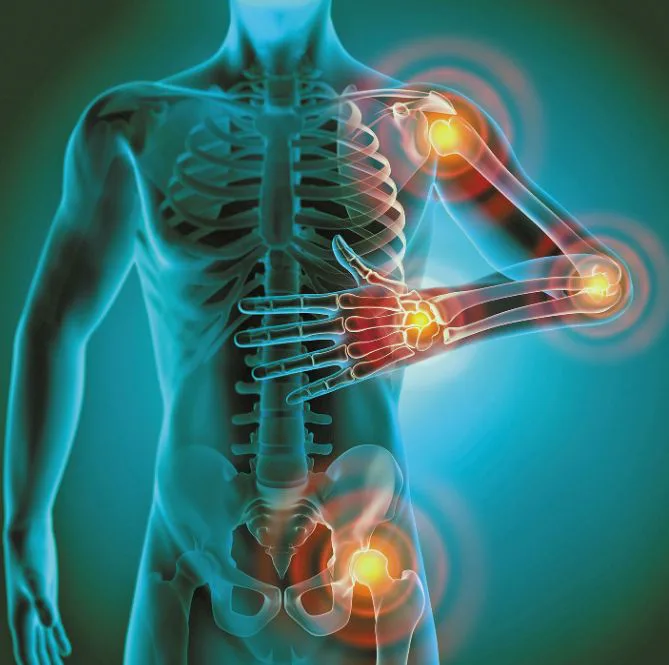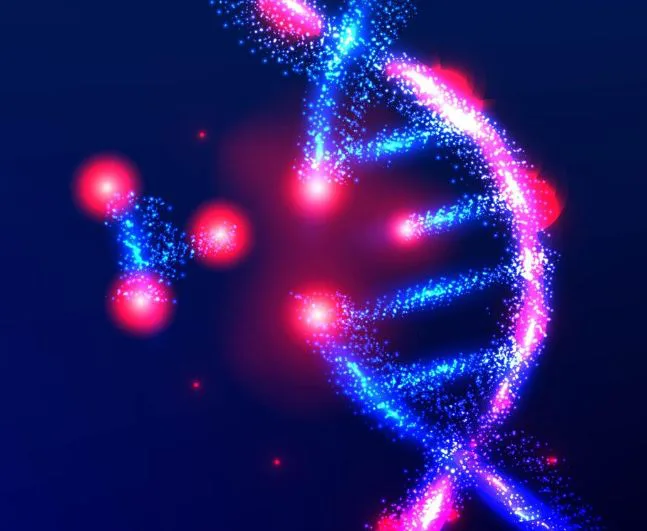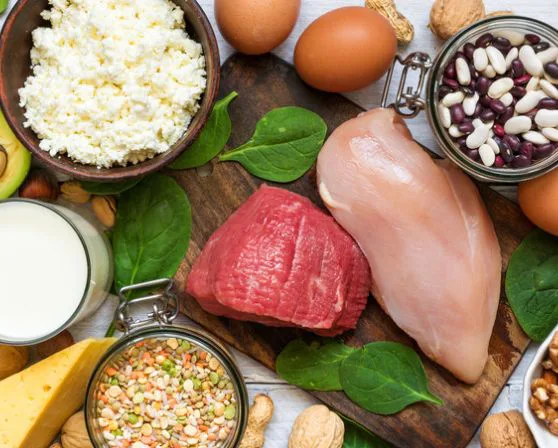A diet rich in proteins is good for a healthy and longer life, however, this belief does not hold true at all stages of life. According to a new study, a protein rich diet taken by a middle age persons, can be detrimental to health in the long run. The researchers claim that a heavy protein diet increases the risk of cancer, four times, making them as life threatening as smoking a cigarette.
For almost two decades, researchers studied a large sample of middle age adults and found that animal protein affluent diet raises four times the risk of cancer than consuming a diet with low protein.
Protein Rich Diet versus Mortality Rate
As per the co-author Valter Longo, Edna M. Jones, director of the USC Longevity Institute in Los Angeles and professor of Biogerontology at the USC Davis School of Gerontology, people generally think that they understand nutrition. Nevertheless, this is a misconception and the need is to know which food is going to help you stay fit and healthy in the long run.
Findings from the study also indicate that having a protein rich diet is linked to increased mortality due to cancer in middle aged group, but protein obtained from animal source such as meat, cheese and milk also raises the risk of early death. During the study, it was noted that individuals on a high protein diet were more susceptible to die because of any cause than low protein diet individuals. Such individuals were also at high risk of mortality due to diabetes.
Until this study, the direct link between protein rich diet and increased risk of mortality was never seen. And this now raises the question of how much protein intake is advisable for people in middle age. Researchers argue that biology of the body changes with age and food that may be good and essential at a young age may not be equally good at later stages of life.
According to researchers, a high protein diet is one, which derives minimum 20 percent of calories from protein (animal and plant based). And a moderate protein diet consists of 10-19 percent of calories derived from protein and 10 percent of protein compromises a low protein diet.
Hormone IGF-I Linked with Protein
In the human body, protein regulates the growth hormone IGF-I that is required for the growth of the body, but it has been also linked with increased risk of cancer. The muscle loss or weakness that is experienced after the age of 65 is mainly caused when the IGF-I level in the body sag drastically. The study also support that the animal protein rich diet is harmful when consumed during the middle age, but a diet containing high or moderate protein is good for the people above the age of 65 and is avert the risk of disease.
Longo in one of his previous research, studied Ecuadorian people who seldom were known to develop disease as diabetes or cancer. He found that these Ecuadorians had a mutation in their genes, which controlled the IGF-I levels in the body and kept them below 5 feet in height.
Co-author Eileen Crimmins, the AARP Chair in Gerontology at USC says that the findings from the study show that a diet low in protein, regulates the IGF-I level and insulin level in the body and thus warding off the risk of mortality due to cancer or diabetes. However, at later age, high protein diet is required for a healthy life. And most importantly the protein derived from plants such as beans did not pose the threat of cancer as animal proteins posses, indicating that the animal protein is the deadliest.
Research on Protein Consumption
Researchers for the study observed 6,318 adults who were in their fifties. On an average, 16 percent of the calories were derived from protein and two third of these came from animal based protein. The study showed that even people who had a moderate amount of protein were still three times more prone to develop cancer than those who specifically had a low protein diet during the middle age. And the shift from moderate to low intake of protein, reduces the risk of early death by nearly 21 percent.
Researchers also directly recorded IGF-I levels for 2,253 people randomly selected from the sample. The results revealed that an increase of 10ng/ml in IGF-I level for people on a high protein diet were 9 times more susceptible to die of cancer than people on a low protein diet.
Even a study conducted on mice, in order to determine the link between high protein diet and death risks, showed that the mice on a low protein diet for two months were less prone to die due to cancer than the mice on a high protein diet. In case they did, the tumors were 45 percent smaller in sizes.
Protein Determines Cancer
Longo said that everyone has a cancer or pre-cancer cell at some point in life, but not all of them progress to turn into cancer, but protein intake plays a crucial role in determining whether it would or would not. Protein intake for major Americans are about twice than what is required and it is recommended to cut down on the daily animal based protein intake, but do not go in the extreme because it can lead to undernourishment.
Longo along with leasing health agencies recommends that for a middle aged person, 0.8 grams of protein per kilogram of body weight is required and also make sure the major portion of protein should be derived from plants rather than animals.
Therefore, one should be cautious of not just the calories, but also of protein consumption on a daily basis, after all, we all vouch for a healthy and long life. Mindless eating is equivalent to puffing cigarette, isn’t it?!





Thanks for the great advice! I just came across your blog and love the content.